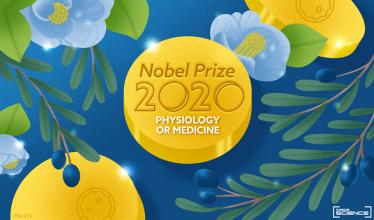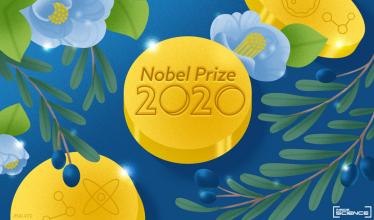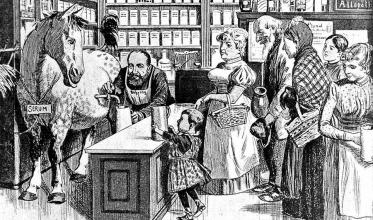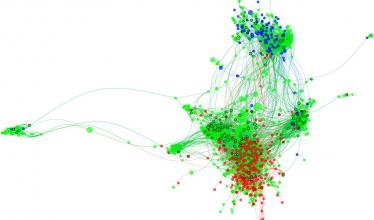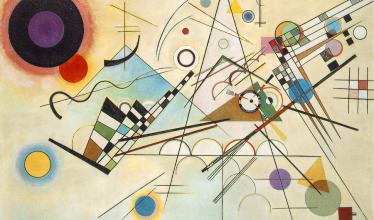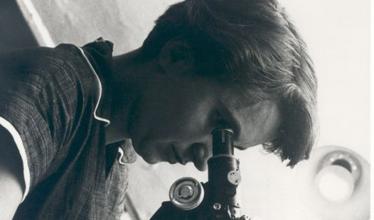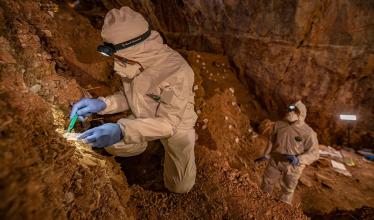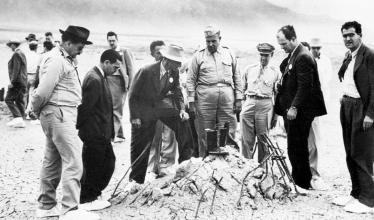Culture
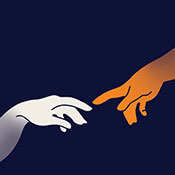 The unexpected science of everyday things
The unexpected science of everyday things
Science is a mirror that reveals sometimes hidden, often unexpected and always astounding insights into everyday things and human life. Here we explore everything you always wanted to know about holidays, food, art, music, books, games, TV, film, education, urban life and crime — as well as human history, archaeology and anthropology.
The research that won this year's Nobel Prize in medicine has saved millions of lives, but it has not yet led to a vaccine.
3 Share Physiology or Medicine Nobel for Discovering the Hepatitis C Virus
Beginning early Monday morning, Inside Science will cover the three most anticipated science prizes of the year.
The unprecedented pace of scientific progress on Covid-19 builds on groundbreaking discoveries from the past.
New research reveals the economic importance of “wool dogs” to the Native American peoples of the Salish Sea.
These significant advancements could win the Nobel Prizes in physiology or medicine, physics and chemistry.
A new social network map shows a well-connected anti-vaccine movement, now intertwined with coronavirus conspiracy theories.
A month’s worth of cool science stories, summed up.
The etymological root of the word links nonrepresentational art and the history of scientific publications.
Franklin, who was born 100 years ago, played a key role in the discovery of the structure of DNA. But her full story is much richer.
Artifacts found in a Mexican cave are about 30,000 years old.
The potentially world-destroying power of the atomic bomb moved many scientists to engage more directly with the public, an effort that continues to this day.


